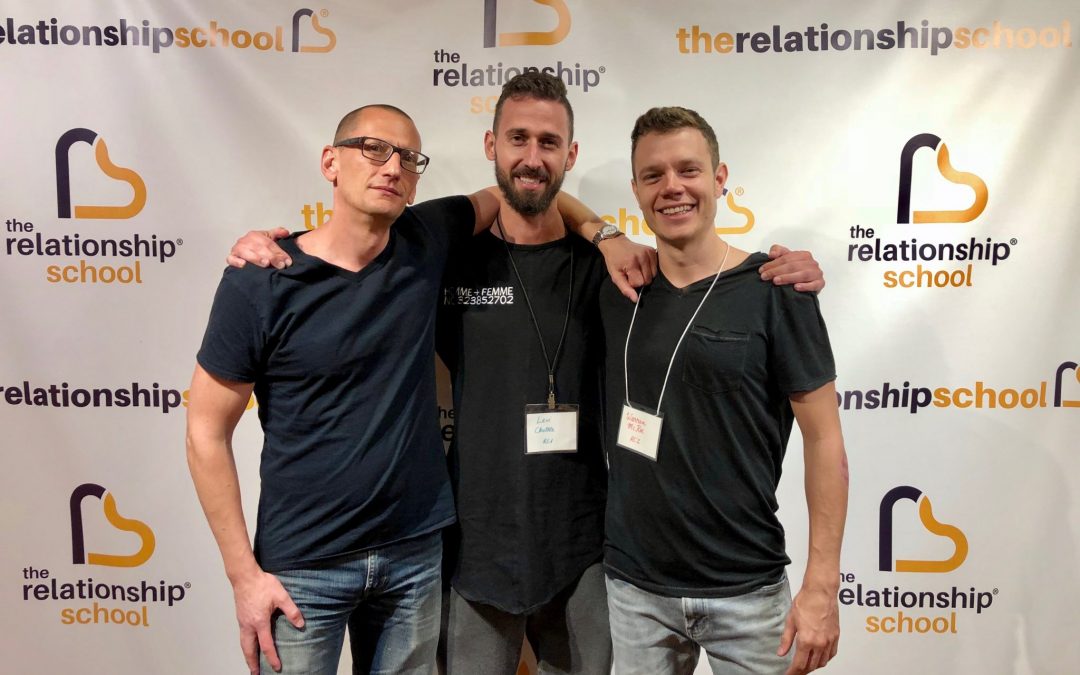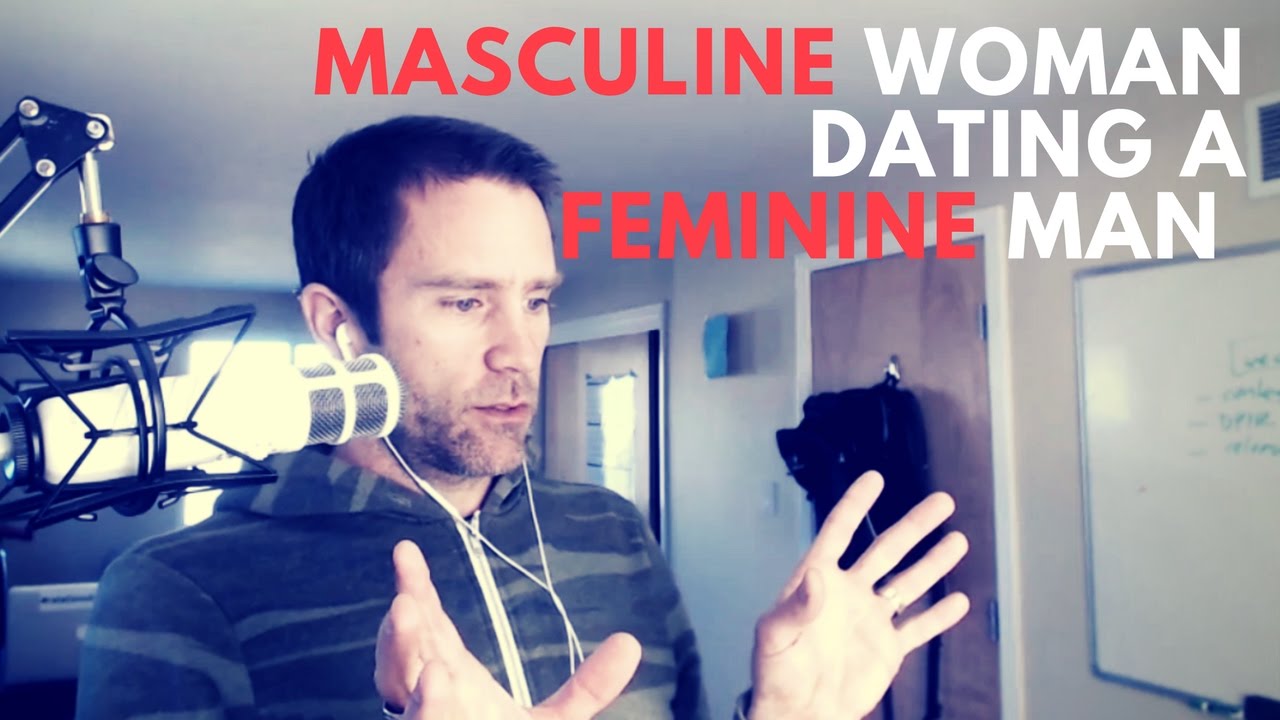What to Say When Someone Says You’re Too Sensitive
Has someone ever told you this? “You’re too sensitive.”
Maybe they just dismiss you and judge you, like, “You’re just too sensitive,” with a wave of the hand.
This hurts because as someone who’s naturally a sensitive person, you’re already judging yourself as too sensitive.
That dagger goes right to the sensitive spot and you might start to believe their BS story.
You probably tell yourself they’re right, that you are too sensitive. You might think, “Our relationship problems are my fault,” or you wonder if maybe the relationship would be better if you weren’t so sensitive.
Before you ask yourself, “Why am I so sensitive?” or start telling yourself any more lies and making yourself feel worse, pause…
Here’s what I would say to that person who tells you, “You’re too sensitive.”
Acknowledge Your Partner’s Statement
The first thing you can say to your partner or whoever the other person is: “I hear you.”
Everyone wants to be heard in a relationship, and starting with this line makes the other person feel heard.
Then, I’d repeat their sentiment back to them: “It sounds like you think I’m too sensitive. Is that right?”
Of course, they’ll give you an affirmative response. Go with it and on to the next part of your response.
Change Your Sensitivity into a Positive Trait
Next, you can say something like, “I’m actually learning to like how sensitive I am—in fact, I’m a sensitive person and it’s a superpower of mine.” (Your partner can’t argue with that.)
You can go on to explain how your sensitivity helps you in several areas of your life. Give a couple of real examples if you like, because as long as you’re tuned in to your sensitivity, you’ll know some areas where it helps you.
Tell your partner that you’re starting to accept your sensitivity as a gift—as a part of your reality, your nervous system, and your psychological makeup.
Sensitivity in Your Relationship
In the context of your relationship, you can talk about your sensitivity in a positive light. “I think my sensitivity is going to improve our relationship.” Or, you can say something like, “I think my sensitivity is something that’s going to make our relationship even better.”
Own the level of your sensitivity. “I’m just as sensitive as I need to be.” You don’t need to let anyone else tell you how sensitive to be.
You can even mention their judgment of you. Let them know that it’s challenging when they judge you for being sensitive—and that it causes you to judge yourself for it as well. They may not have realized how it comes across and what it feels like for you.
It might be difficult, but you can even tell your partner that if they continue to judge you as too sensitive, they’re most likely with the wrong person.
Thank them for helping you accept your sensitivity even more by judging you for it. By calling attention to it, they’re giving you an opportunity to own your sensitivity and to embrace it.
Here’s a quick video about this situation:
Put Your Money Where Your Mouth Is
But there is one caveat to all this: you have to be working on yourself in order to own and embrace your sensitivity. Back up your words with genuine acceptance.
It won’t do any good if you say it but then don’t follow through—and you just keep judging yourself. It’ll just be a bunch of empty words that go nowhere.
So make sure you’re doing the work to accept your sensitivity and how truly awesome it is. There is a ton of good in the world that can come from sensitive people, so don’t judge yourself or let anyone else judge you for it.
If you’re interested in learning the #1 skill for navigating conflict through communication, sign up for our free training here.
______________________________________________________________________
Photo Credit: Kenneth Gorzal Surillo – Pexels

















